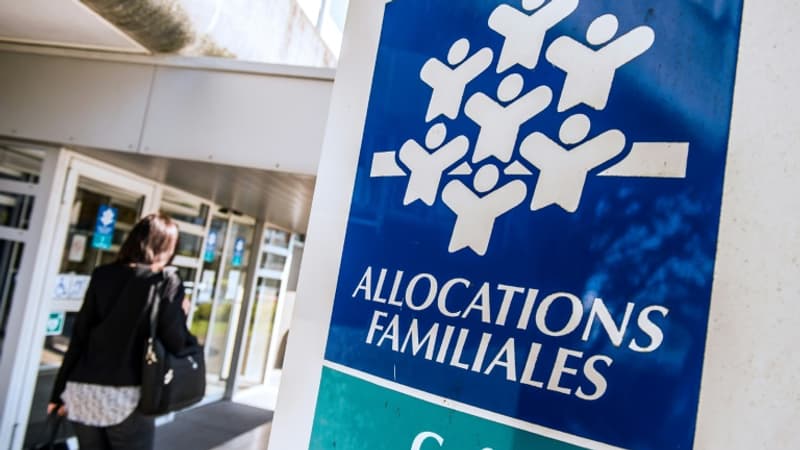Thirty-nine communities spread throughout the territory will participate in an experiment aimed at detecting users who do not apply for social benefits when they are entitled to them, announced Thursday the Ministry of Solidarity, which finances this project. These “territories without zero recourse” are municipalities, inter-municipalities or departmental councils, “both urban and rural and peri-urban,” the ministry said in a press release. Everyone is “prepared to mobilize together with us for everyone’s access to fair rights”, greeted Minister Jean-Christophe Combe.
The participating territories were chosen among 67 files that competed in a government call for projects. The experiment, which concerns the RSA, housing subsidies and the activity bonus, will begin after the summer. A scientific council will be in charge of measuring and comparing the different methodologies used to identify those people who do not request the social benefits to which they are entitled. To support this system, an endowment of 18 million euros is planned, planned until 2026.
Appearance of the “net social amount” in the payroll
In each territory, it will be necessary to identify unknown people for the administrative databases -people who, for example, do not receive a salary or unemployment benefits-, which implies joint work between communities, associations and social security organizations. This approach is part of the vast project of “solidarity at the source”, with which the Executive intends to fight against non-recourse. Only for the RSA, it would reach 34% each quarter, a phenomenon that “aggravates the feeling of hardship that is experienced on a day-to-day basis” and “prevents the turn towards poverty,” says the ministry.
In this sense, to facilitate the procedures and avoid the risk of error, the salary receipts include from July 1 a new declaration, the “net social amount”, corresponding to the resources to be declared to evaluate the rights to certain social benefits . . . In 2024, family allowance funds will automatically have access to this data transmitted by employers. In this way, they will be able to pre-fill the application forms for benefits, and also identify people who were previously unaware of their services, but who might be entitled to assistance. This partial automation of procedures will take place by mid-2024 in ten precursor departments, then throughout France in 2025.
Source: BFM TV


